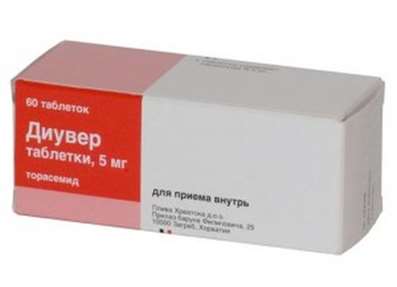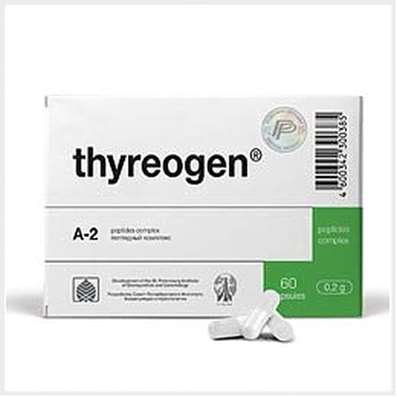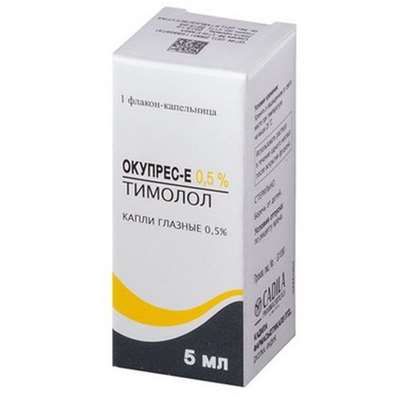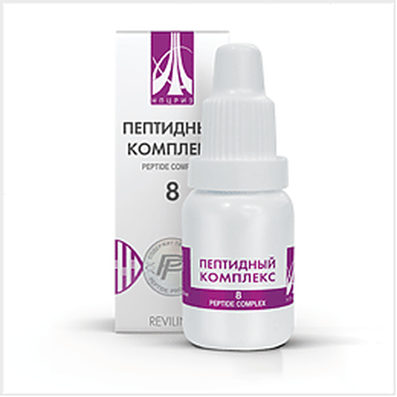Instruction for use: Mifepristone (Mifepristonum)
I want this, give me price
Pharmacological group
Estrogens, gestagens; Their homologues and antagonists
Nosological classification (ICD-10)
D25 Leiomyoma of the uterus
Fibroids of the uterus
O04 Medical abortion
Artificial termination of pregnancy, Medical abortion, Abortion artificial, Vacuum aspiration, Abortion
O62.2 Other uterine inertia
metroparalysis; The weakness of labor activity; Decreased uterine tone; Induction of labor; Induction of labor at term; Induction of labor at term or near term; Activation of labor
Z30.0 General advice and advice on contraception
Safe sex, Intrauterine device contraception, Contraception, Contraceptive intrauterine, Oral contraception, Oral contraception during lactation and with estrogen contraindications, Postcoital contraception, Prevention of Pregnancy, Prevention of unwanted pregnancy, Emergency Contraception, Episodic prevention of pregnancy, Contraception in adolescents, Prevention of pregnancy (contraception)
Code CAS84371-65-3
Characteristics of Mifepristone
Synthetic steroidal anti-gestagenic agent. Crystalline powder from light yellow with a greenish tint to yellow with a greenish tinge.
Pharmacology
The pharmacological action is antiprogestagenic.
Blocks the action of progesterone at the receptor level. Does not possess gestagenic activity. Antagonism with glucocorticoids due to competition at the level of binding to receptors was noted.
Increases the contractile activity of the myometrium, stimulating the release of interleukin-8 in choroidectid cells and increasing the sensitivity of the myometrium to prostaglandin. To increase the effect, mifepristone is used in combination with a synthetic analogue of prostaglandin (eg with misoprostol). Stimulation of contractions of the uterus leads to desquamation of the decidua and expulsion of the fetal egg.
The use of the progesterone receptor blocker in uterine leiomyoma can help inhibit tumor growth and reduce the size of the myomatous nodes and uterus.
Absolute bioavailability is 69%. After a single oral intake of 600 mg Cmax in the blood serum - 1.98 mg / l, Tmax - 1.3 hours. Binding to plasma proteins (albumin and acid alpha-1-glycoprotein) - 98%. After the distribution phase, the excretion occurs first slowly (the concentration decreases 2 times between 12-72 h), then more rapidly. T1 / 2 - 18 hours.
Application of Mifepristone
Drug interruption of uterine pregnancy in early periods (up to 42 days of amenorrhea), confirmed by a pregnancy test; Preparation and induction of labor in term of full-term pregnancy; Emergency (postcoital) contraception within 72 hours after unprotected intercourse or if the contraceptive method used can not be considered reliable (10 mg tablets); Treatment of uterine leiomyoma (up to 12 weeks gestation) (50 mg tablets).
Contraindications
Hypersensitivity, adrenal insufficiency and long-term treatment with glucocorticoids, acute or chronic renal and / or hepatic insufficiency, porphyria, presence of scar on the uterus, inflammatory diseases of female genital organs, severe extragenital pathology, hemostasis (including previous anticoagulant treatment), anemia. Do not use smoking women over 35 years old (without consulting a therapist).
For abortion: a suspicion of ectopic pregnancy; Pregnancy, not confirmed by clinical studies or for more than 42 days after the termination of menstruation, pregnancy that occurred with the use of intrauterine contraceptives or after the abolition of hormonal contraception, uterine fibroids.
For the preparation and induction of labor: heavy gestosis, preeclampsia, eclampsia, preterm or premature pregnancy, uterine myoma.
For the treatment of uterine leiomyoma: the amount of leiomyoma exceeding 12 weeks of pregnancy, ovarian tumor and / or endometrial hyperplasia, submucous location of myomatous nodes, pregnancy and lactation.
Restrictions for use
Use with caution in patients with bronchial asthma and chronic obstructive pulmonary diseases, cardiovascular diseases (including arterial hypertension, cardiac arrhythmias, chronic heart failure) or a predisposition to them.
Side effects
Feeling of discomfort in the abdomen, weakness, headache, dizziness, nausea, vomiting, diarrhea, hyperthermia, rashes on the skin.
Related to the procedure for abortion (in addition): bleeding, lower abdominal pain, inflammation of the uterus and appendages, exacerbation of infections of the uterus and urinary tract.
Against the background of combined treatment with misoprostol (in addition): vaginitis, dyspepsia, insomnia, asthenia, pain in the leg, anxiety, anemia, hemoglobin decrease (no more than 2 g / dL), fainting conditions, leucorrhoea.
With emergency contraception (in addition): spotting from the genital tract, menstrual irregularities.
In the treatment of leiomyoma (in addition): menstrual irregularities, amenorrhea.
Interaction
Use with NSAIDs (non-steroidal anti-inflammatory drugs) (including acetylsalicylic acid) should be avoided due to a possible change in efficacy.
Overdose
Symptoms: acute adrenal insufficiency.
Routes of administration
Inside.
Precautions
The use of the drug for abortion and for the preparation of births is possible only in a hospital environment, in institutions that have highly qualified, certified trained medical personnel and the necessary equipment, incl. Resuscitative.
The occurrence of profuse uterine bleeding may require immediate surgical intervention (curettage). Caution is needed when taking synthetic PG (prostaglandins).
It is necessary to inform the patient that in case of ineffectiveness of mifepristone therapy, it will be necessary to interrupt pregnancy in an operative way (there may be congenital malformations due to the effect of the drug on the fetus).
The use of the drug requires the conduct of general activities associated with abortion, including. Prevention of Rh-alloimmunization.
Breastfeeding should be discontinued for 14 days after application of the drug.
Patients with artificial heart valves or infective endocarditis with mifepristone should be preventively treated with antibiotics.
Mifepristone (10 mg tablets) is not recommended for regular use as a planned continuous contraceptive; Does not protect against sexually transmitted diseases and AIDS.

 Cart
Cart





